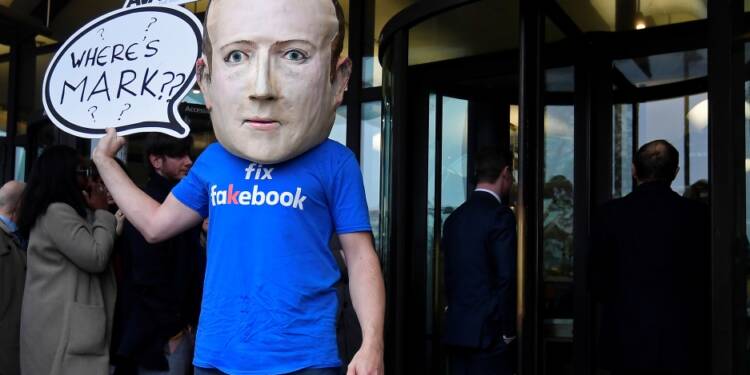Facebook-owned WhatsApp on Tuesday evening (May 25) filed a case in the Delhi High Court against the Indian government seeking to block the new IT rules that come into effect today. In its plea, it is learnt that WhatsApp invoked the 2017 Justice K S Puttaswamy vs Union Of India case to argue that the traceability provision is unconstitutional and against people’s fundamental right to privacy as underlined by the Supreme Court decision.
“Requiring messaging apps to ‘trace’ chats is the equivalent of asking us to keep a fingerprint of every single message sent on WhatsApp, which would break end-to-end encryption and fundamentally undermines people’s right to privacy,” WhatsApp pleaded in the court.

Reported by TFI, social media platforms such as Facebook, WhatsApp, and Twitter run the risk of losing their status as “intermediaries” and may become liable for criminal action if they do not comply with the revised regulations.
India has fixed five million registered users as the threshold for defining a significant social media company as an intermediary. WhatsApp has 400 million users in India and the government’s new guidelines require “significant social media intermediaries” like WhatsApp to “trace” the origin of particular messages sent on the service.
However, WhatsApp’s reluctance to comply with the IT rules citing the flimsy excuse of privacy is as laughable as Silicon Tech giants claiming to self–regulate themselves in the million Congressional hearings that have taken place in Washington DC.
Reported by TFI, this is the same WhatsApp that has shoved its unilateral and at the same time, dictatorial privacy policy down the throat of millions of its Indian users without giving any option to opt-out. WhatsApp’s updated user policy gives Mark Zuckerberg the right to share user’s information with Facebook and other third-party apps.
Moreover, the company is expected to harvest data points like status, group names, icons, duration of activities, location, device model, operating system, battery level, browser details and whether a user is online or not and share it openly with its parent company which can further sell it down the chain.
And those not complying with the change in the privacy policy will slowly be kicked out of the platform. Thus it is a bit rich coming from WhatsApp that it wants to use the trope of ‘Privacy’ to drive its point home in the High Court.
“We have asked users to agree to the policy. If they don’t agree we will delete them… there is no deferment of policy,” WhatsApp’s attorney Kapil Sibal had informed the court.
The government will not be tracing every single user on the platform, albeit the provision has been inserted to check the menace of fake news media which is propagated on a massive scale through WhatsApp, colloquially referred to as the WhatsApp University.
Communal riots and lynchings have transpired across the country due to fake news that traverses at the speed of light on WhatsApp and other platforms. Moreover, if it comes to national security, the country’s administration needs to have access to every possible source of evidence.
WhatsApp’s desperate attempts of suing the government in court is the final flicker of a dying candle. Its parent company has already ceded to the compliance laws and it might be a matter of time before the crackdown happens on it and the platform is forced to accept the new reality.






























